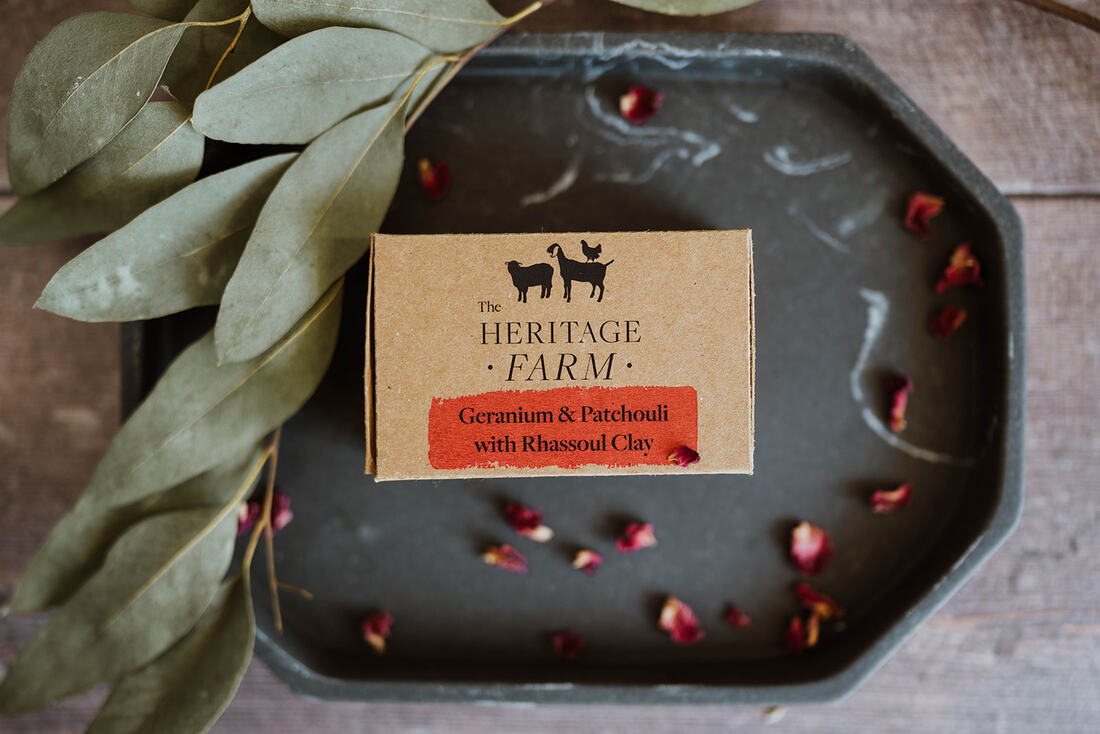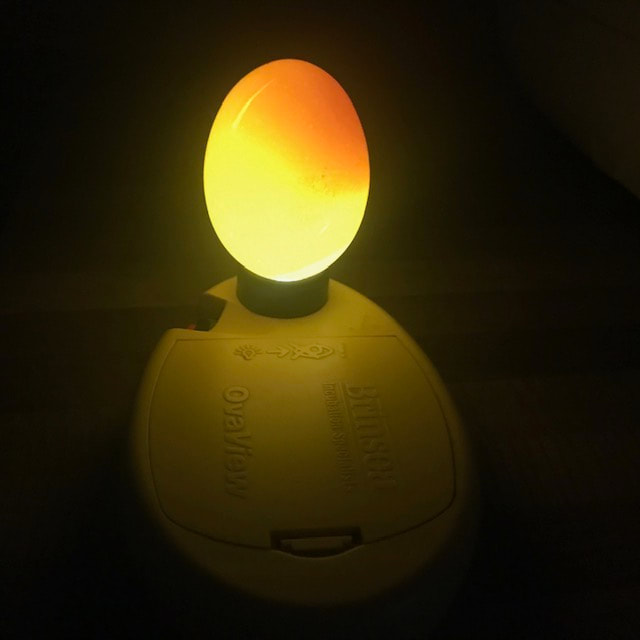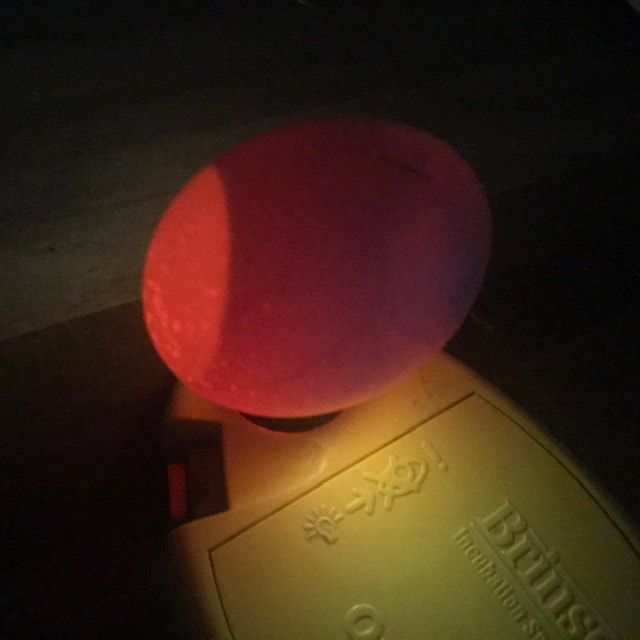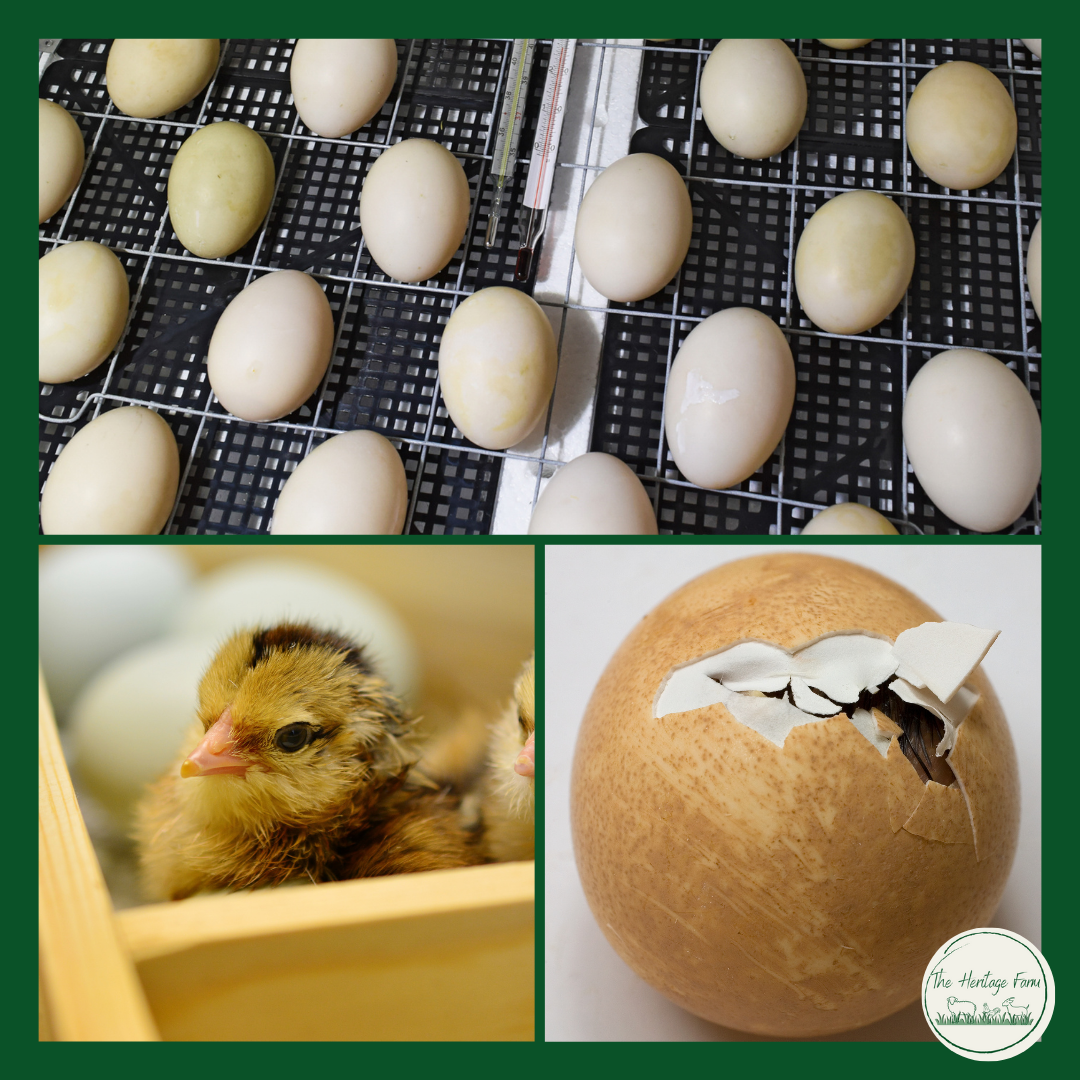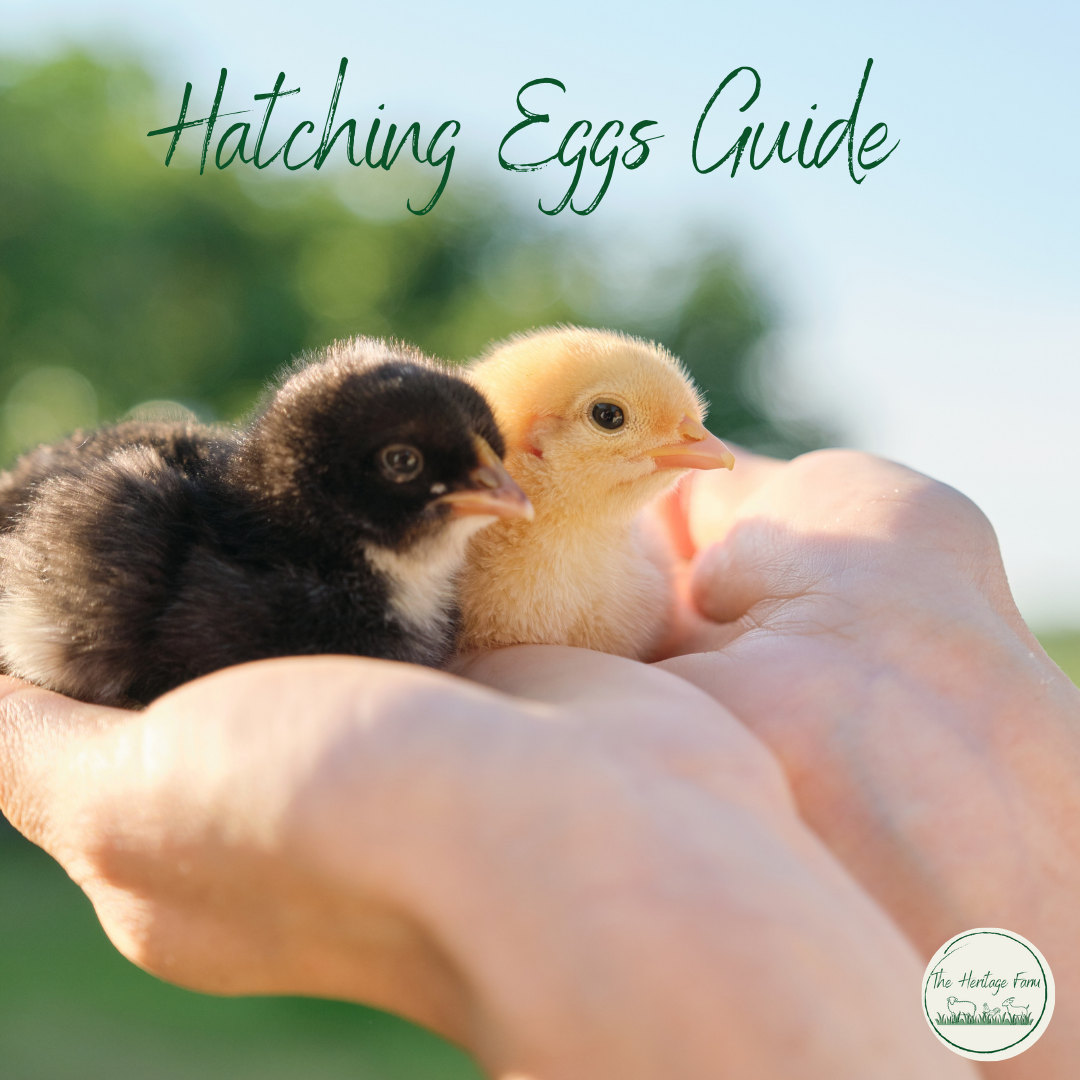 Our process follows a traditional and ancient soapmaking method. But first, we need to get the milk. The milk comes directly from the milk of our dairy goat herd. They include three wonderful Anglo-Nubian does, Matilda, Molly and Milly, and they are truly the stars of the show! They get milked daily by hand, and yes, there are muscles I didn't know existed until I started milking goats! The milk is creamy and full of natural minerals, fatty acids and other nutrients. The raw milk is then combined with the oils and butters, using the traditional and ancient cold processing method. The soaps are then left to cure for a minimum of four weeks. The result is a hard soap bar, full of natural properties, producing a creamy and bubbly lather and nourishing the skin. Our soaps are then carefully wrapped in packaging made from recycled materials and sent to their new homes. We aim to take as much care in our packaging as we do in the product inside.
0 Comments
 But why goats milk soap? What are the benefits? Here comes the science bit! A few biologically obscure names, but stay with me! Goats Milk soap has been growing in popularity because of its potential skin benefits. Goats Milk itself is rich in vitamin A which has been shown to have anti-ageing properties. It Is also rich in fatty acids and cholesterol, which make up a large part of the skin membrane. When a soap lacks these minerals, our skin can be left dry or irritated. When we include these in a soap its the opposite! Finally, goats milk contains lactic acid, an AHA, known to promote collagen, blood flow, exfoliate the skin and improve the appearance of surface lines. Lactic acid is also a gentle cleanser and will help remove the top layer of dead skin cells. So basically, goats milk soap is a gentle cleanser that supports a healthy membrane, is a natural exfoliant, helps improve dry skin, may help improve irritated or inflamed skin, and could potentially have anti-ageing properties.  Country Life. Fresh Farm Eggs. Growing vegetables. Picking juicy apples. Caring for our four-legged friends. Milking goats. These were just some of what we imagined living 'The Good Life' would be like, and we really wanted it. So, like many before us, and I am sure many more in the future, we choose to leave the city for a more self-sufficient way of life. The result? Our country adventure began with six chickens, and the Heritage Farm was born. We are proud to say that our animal family has now grown to include Dorset sheep, Nubian goats, Buff Orpington hens, Silver Dorking hens, German Vorwerk hens and white runner ducks. Every single member of our animal family is important to us, and we make every effort to care for them using natural means where it is possible. Like many smallholdings and farms across the country, it has become necessary to make the best use of limited farm assets and create new or alternative forms of revenue to ensure the farm continues to thrive; we have been no different. We chose to use the skills we had already developed in natural care for the animals and began creating natural soap using the goats milk that had been trickling in. OK, it was pouring in the buckets, and there is only so many milkshakes and lattes you can drink in a day! Goat's milk has already been growing in popularity for its rich nutrients for human consumption. However, when combined with natural oils and butter, it can create a soap bar that provides even more nourishing benefits for our skin. Our ethos has always been to include only natural and sustainable ingredients. It isn't in our soap if it isn't from the ground! It is all-natural from the butter and oils to the botanicals and flowers. We will never use artificial fragrances or synthetic colours, and no SLS or parabens. Our soaps are CPSR compliant and fully compliant with UK and EU regulations. What is Candling?It is time to candle the eggs! Candling is the act of shining a strong light through the egg to establish fertility, and general embryo development. If you have chosen to candle the eggs, then the optimal time to do it to test fertility is between days 7 and 10. Ideally use a specialised candling light, and always candle in a darkened room to have the best chance of seeing inside the shell. To successfully hatch out chicks you do not need to candle eggs. Especially if you are new to hatching, then you may want to wait until you have a few hatchings under your belt before you take on this new skill! However when done correctly, candling can help sort the fertile from the non-fertile eggs, and it manages your expectations regarding the number of chicks you can hope to expect. How to Candle an eggIdeally, use a specialised candling light, and always candle in a darkened room to have the best chance of seeing inside the shell.
You will likely see three different options.
If you notice broken or leaking eggs, remove them from the incubator as they are not likely to be viable and may contaminate the incubator. After candling, return eggs to the incubator and return to the day 1-18 turning schedule. With candling it is important to be careful and quick. An incubated egg cannot be away from its optimal temperature and humidity for more than a few minutes. If it is, then you could potentially turn a fertile and viable egg into one that stops developing from that point. If you have a large number of eggs to candle, it may be better to do a few eggs at a time. Thank you for your purchase of The Heritage Farms hatching eggs! We hope that you have the optimal hatching rate success with our eggs so we have put together this step by step guide to help!
Steps to take when your eggs arrive.
We hope this helps you and guides you through out the hatching process! It can be daunting if this is your first hatching attempt but when the chicks start to hatch it is completely worth all the work! Happy hatching!!! Thinking of purchasing some fertilised eggs to hatch out your own chicks? At the Heritage Farm, we want you to have the highest chance of success with your hatchings as possible. That is why we have created this short guide which should hopefully help you maximise your chances of a successful hatch.
What is a successful hatch rate? Typically, people that get a 50% hatch rate will often call that a success. More than 50% is considered a bonus! Although the eggs must be fertile to start with, you control many factors that will either contribute to a successful hatch or will negatively impact your hatchings. What do you need to have for a good hatch rate?
3 Steps to a simple - Multi purpose Cleaner!
Many people often ask about what we use in our DIY multi purpose cleaner so I thought I would do a simple video... The recipe is...
What do you need to do?
Disclaimer - we don’t have an affiliation with the brand of dish soap we used .. that was just the brand we had in our cupboard! The bottles were bought on amazon. These come in a set of three colours, orange, green and blue. They are 500ml. I liked the fact that I could easily use a different coloured bottle for a different cleaning solution and would not need to label my bottles. For me, the green is multi-purpose. Link below if you would like to check out the bottles on amazon. This is an affiliate link. https://amzn.to/3egTouS The essential oil comes from a range at @lifestyletoniq Lifestyle Toniq 100% Pure and Natural Lemon Essential Oil 10ml. - Lifestyle Toniq |
Categories
All
Archives |



